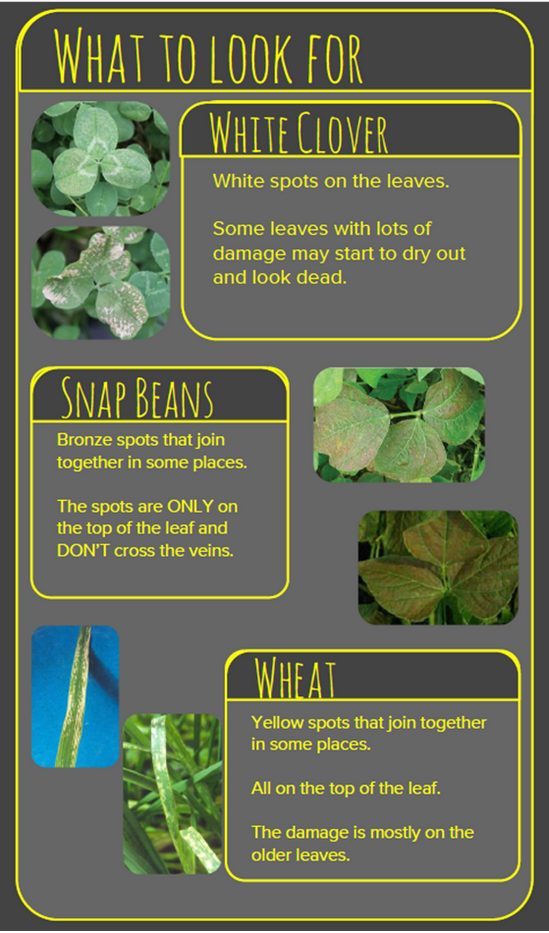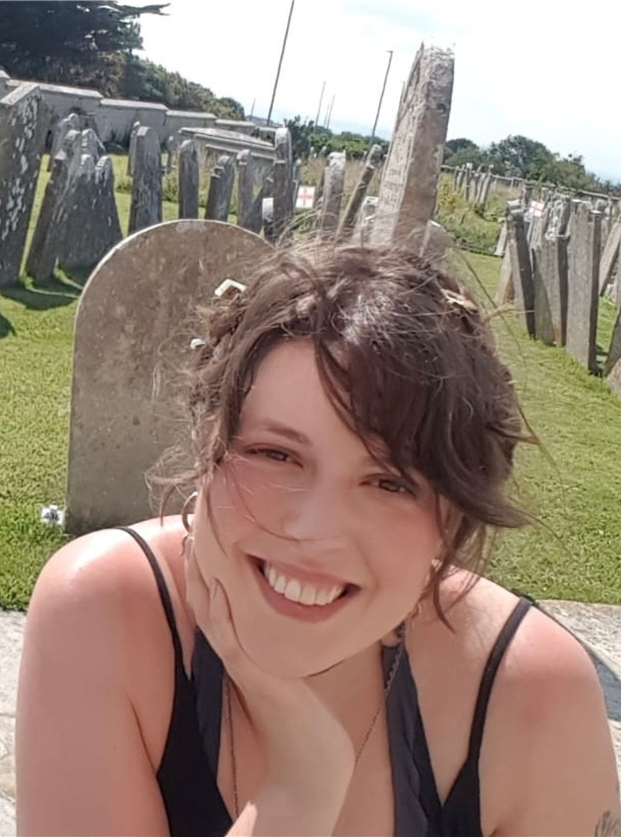ABOUt
Our garden
We use plants which are particularly sensitive to pollution to give us an idea of local air quality. We will plant pollution-sensitive and pollution-resistant versions of the same plants so that we can compare them.
High ozone levels in the air can limit plant growth and seed production in sensitive species. Tiny holes called stomata on the leaves let gases, including ozone, in and out. Inside the leaf, ozone reacts with chemicals in the plant cell walls and causes damage.
When the plant cells are damaged, differently coloured spots appear around the affected area. Trees and plants are not able to grow as effectively when their leaves are damaged.
The Air Quality Garden will contain species that are particularly sensitive to ozone pollution such as snap beans, wheat, clover, common milkweed and cutleaf coneflower.
There are also types of lichen and fungi around the botanical gardens which can show us the air quality.

OUR TEAM

Maria is an atmospheric scientist, working in the School of Biosciences at the University of Sheffield. Founder of the project, Maria leads the team.

Sophia is a PhD student at the School of Health and Related Research at the University of Sheffield. Sophia will be leading education sessions with groups at the botanical gardens.

Duncan Cosgrove
Duncan is an MSc student in Science Communication at the University of Sheffield. He will be running our website and assisting with education sessions.

Laura is Education and Engagement Officer at the botanical gardens. Laura handles all bookings for our education sessions with school groups.

